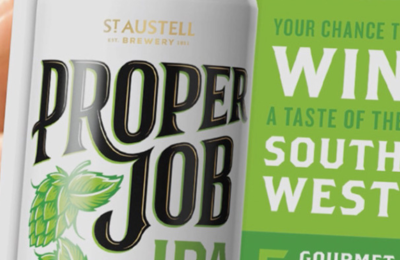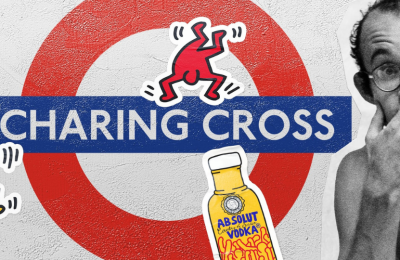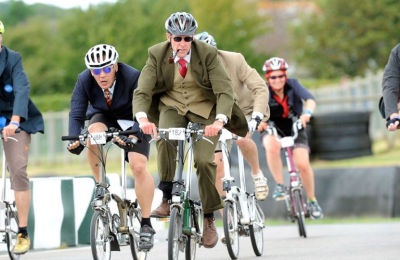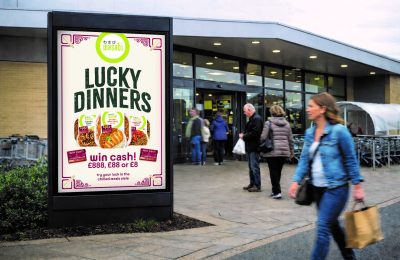As high street retail continues to deplete and more people shop online, increasing to 19% of all retail sales in December 2019*, a new report by retail marketing experts Gekko shows there’s increasing consumer concern about the environmental and societal impact of this transition and a marked difference in attitude depending on age.
The younger generation may tout their eco credentials but they are more easily lured into wasteful spending and shopping online with over half (53%) of 18-24 and 46% of 25-34 year olds admitting to being tempted into buying things they don’t need online, with just 19% of canny 55+ year olds saying the same.
More than five times as many 18-24 as 55+ year olds admitted to regularly buying goods online that they regret, so return them – 17% versus just 3%. And 45% of 18-24 and 42% of 25-34 year olds also admitted to being wasteful buying items they didn’t want and failing to return them, compared to only 17% of older consumers.
Surprisingly and despite the high profile of Extinction Rebellion and Greta Thunberg, younger shoppers make less conscious choices than some may think about the environmental impact of online shopping versus older consumers. In general, 73% of consumers are concerned about excess packaging associated with online purchase and deliveries and 74% are worried about the amount of single use plastic in packaging.
However, just over a third (38%) of 18-24 and 33% of 24-35 year olds are unconcerned about the use of excessive packaging. This compares to 19% of over 55 year olds. And despite it being such a huge national issue and talking point over the last year, 34% of 18-24 year olds and 31% of 24-35 year olds aren’t concerned about single use plastic, versus 19% of over 55 year olds.
Even the gig economy does not seem to be a problem for the generation arguably most likely to be more exploited by it, with 50% of 18 to 24 years olds unconcerned about online shopping increasing it versus 33% of 55+ year olds. And 44% of 18-24 year olds don’t fret about the impact on the High Street and local economy of online shopping, versus 23% of 55+ year olds.
Daniel Todaro, MD of Gekko, says: “Younger generations spend more time online and are therefore less inclined to resist that impulse buy. They are far more likely to buy things they regret, order more than one size, items they never intend to keep and send the goods back, but this convenience has an environmental impact. The future of the High Street is a vital societal component and offers a more ethical approach to shopping. If you can try before you buy there are less transport, packaging and waste without the need to order multiple sizes or colours of the same item. The High Street sustains the heart of a community, no shops means no point heading to the High Street – there’s only so much coffee a community can afford or want to drink.”






















